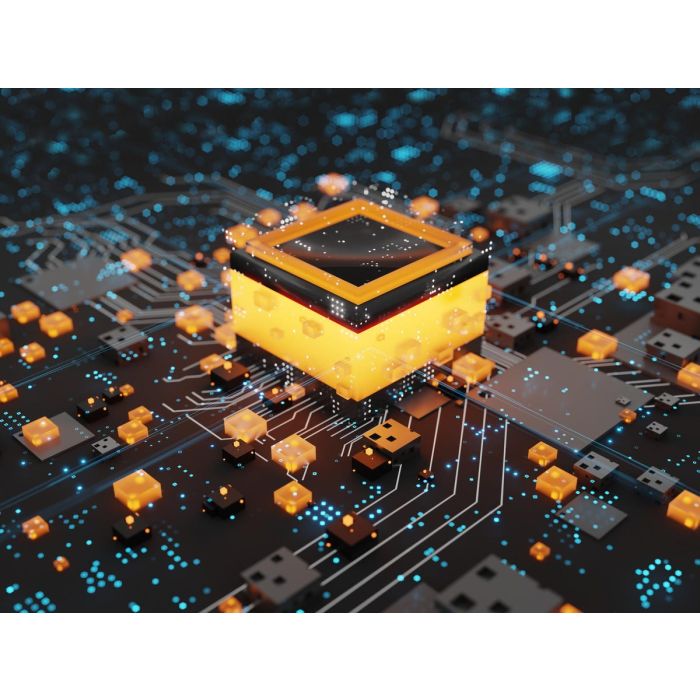Dr. Abbas Omar, University of Magdeburg in Germany, is teaching this 5-day course on Quantum Computing.
Classical computers are based on the binary coding of digital data. The binary codes are processed by applying Boolean algebra using digital electrical circuits known as logic gates. The latter are simple configurations of transistors and other circuit elements (resistors, capacitors, etc.). The operation of the logic gates is governed by the Circuit Theory, which is a simplified form of the Classical Electromagnetics.
In the sixties of last century, an observation has been made, which is nowadays known as “Moor’s Law”. It predicts a doubling in the number of components (mainly transistors) in an integrated circuit every two years. Based on that, molecular-scale transistor size has been forecasted (state-of-the-art transistors can be as small as few atoms), which must lead to invalidate the Circuit Theory as a mathematical tool for describing the performance of the logic gates. This has motivated a number of scientists in the early eighties of last century to think about replacing these classical computer building blocks by what is called Quantum Gates. The operation of the latter is fully governed by the laws of Quantum Mechanics. Computers whose building blocks are quantum gates are called Quantum Computers.
As the classical laws (of either mechanics or electromagnetics) are a limiting case of the more comprehensive quantum ones, it has become evident that quantum computers can implement algorithms that are not available in their classical counterparts. This has encouraged scientists to develop such algorithms and research and development facilities to find and build corresponding hardware realizations. Prominent examples are the hardware developed by IBM and Google.
Most of the approaches used for explaining quantum computing rely on the highly academic concepts of Quantum Mechanics. Used terminologies are not easily understandable by the majority of interested audience, who just have only general knowledge about the subject. In some cases, the exaggerated perception is created, that this “magic thing” is capable of solving all computationally based problems much efficient and much faster than the classical computer.



